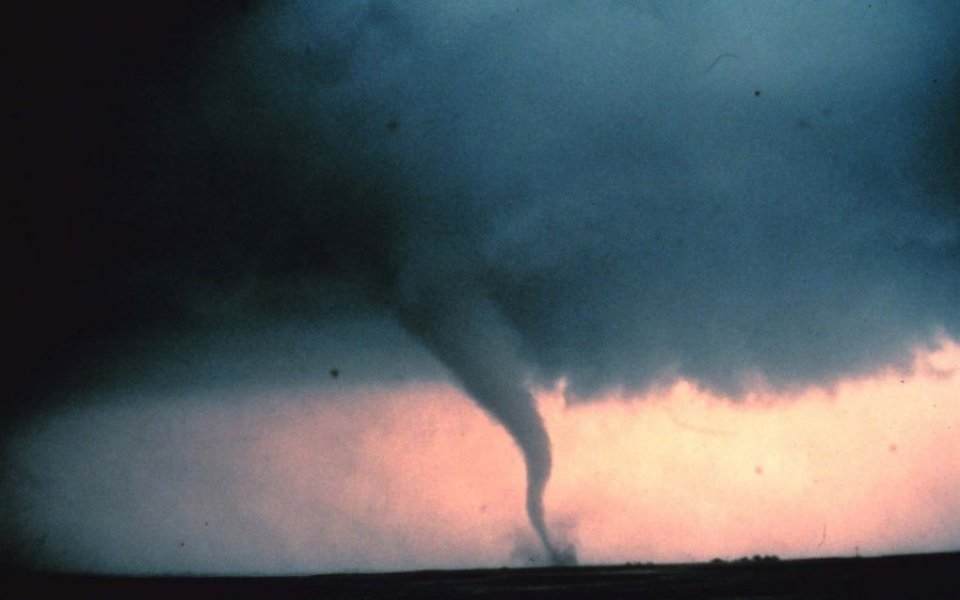Are fearful investors creating a crisis? Experts warn of “self-fulfilling prophecy” in markets as negativity towards global outlook deepens

Despite hopes, the G20 grouping of world leaders failed to come up with a deal to boost flagging global growth at its latest meeting in Hangzhou, China.
There had been calls for a joint effort to tackle the slowdown – and although a deal was unlikely, analysts had warned the market would respond badly to “policy paralysis”.
“Keeping the previous language would be very disappointing and would be viewed as either complacent or reflecting policy paralysis,” said Steven Englander, head of currency strategy at Citigroup, in a note.
As expected, markets have fallen in response. It’s a familiar pattern, as worry, fear and risks about the global economy have been driving markets since the start of the year. There have been large swings in equities and the high yield sector is showing signs of stress similar to the 2008 crash.
CRISIS FEARS
It’s all predicated on anxiety over whether the world could be headed for a fresh financial crisis, or perhaps a global recession, and concerns have been coming from high places. The Organisation for Economic Cooperation and Development has called for an “urgent” response to tackle the world slowdown, as it says trade, investment and wage growth are all too poor. The International Monetary Fund (IMF) also said the G20 group of world leaders should plan now for a coordinated stimulus programme to keep the global economy from stalling. It said developments including slowing growth, low commodity prices and high debt levels indicate there is now greater risk of a “derailed recovery”.
There are lots of reasons to worry, but there are contrary views too. “The state of the global economy depends on who you talk to. There are good signs, but you can find plenty of negative ones too,” says Clive Hale of Albemarle Street Partners.
Analysts from Goldman Sachs argued in a note the market sell-offs this year have been an over-reaction as “systemic risks from oil, China and negative rates are very unlikely… while the US is far from recession.”
It’s a “non-crisis environment”, said US treasury secretary Jack Lew, adding investors should not expect a crisis-like response given there isn’t one.
SELF-FULFILLING SPIRAL
A more pressing question now is whether negative sentiment could create a self-fulfilling prophecy, where investors cause an economic downturn by pulling out of equities and bond markets, leaving companies short of financing and slowing trade and investment further.
Former IMF chief economist Olivier Blanchard warned of this recently. “Investors are reacting strongly to small bits of evidence in an environment of heightened risk aversion,” he said.
The outcome of this is a downward spiral where “low stock prices lasting for long, lead to lower consumption, lower demand and, potentially, to a recession.” One of the problems is that investors are ultra-sensitive to the prospect of another crisis, especially given so few people saw the last one coming, says Adrian Lowcock of Axa Wealth. “There have been predictions that the world is heading back to a 2008 scenario… Most people failed to predict the last crisis and the few who came close failed to predict how bad it would be.”
Investors’ measurements have been recalibrated to be extra sensitive to the possibility of crisis, given how scarring the last one was. “We now expect crises,” Lowcock adds.